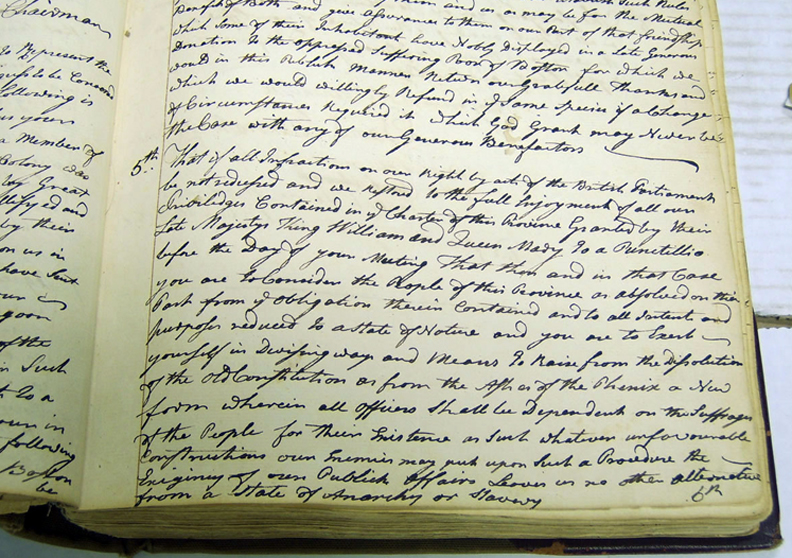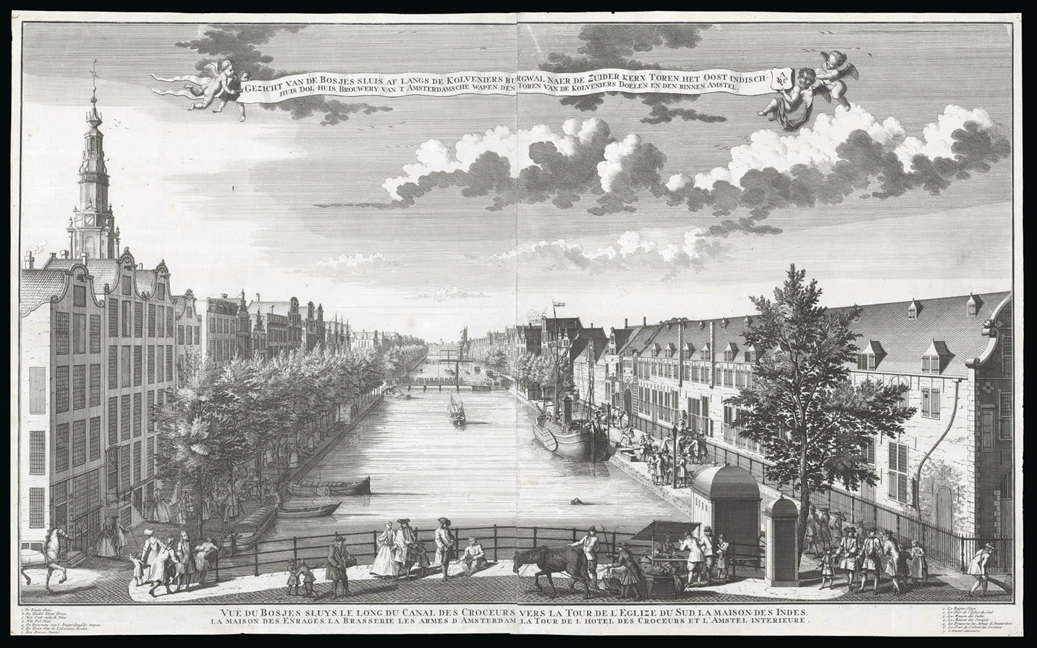Book Review: American Honor: The Creation of the Nation’s Ideals during the Revolutionary Era by Craig Bruce Smith (University of North Carolina Press, 2018)
In American Honor: The Creation of the Nation’s Ideals during the Revolutionary Era, Craig Bruce Smith, a professor of history at William Woods University, traces the role that honor, virtue and ethics played in guiding the American colonists towards conflict with England, their role in shaping the war, and finally how they in turn were shaped by the conflict.[1] Beyond merely tracing the concepts of honor before, during and after the war, Smith theorizes that the changing conceptions of honor were in fact among the conflict’s causes, even as the conflict in turn allowed for the ideas surrounding honor to “become broadly instituted in society.” Ambitiously, Smith promises nothing short of “a new causation narrative of the American Revolution.”
Among the topics that Smith covers are pre-revolutionary concepts of honor, virtue and ethics, the role played by colonial colleges in helping to foster a common conception of them amongst the colonial elite, how they shaped Americans’ views of British policies in the wake of the French and Indian War and their subsequent reactions, and even the Americans’ conduct of the war and peace negotiations.[2] He follows with an explanation of how they were democratized in the early Republic, and finally how subsequent generations of Americans would reinterpret them.
While Smith’s focus is often on the big names of early America and their writings, he works hard to uncover notions of honor, virtue and ethics among other groups as well, including slaves. His story is largely one of how they were transformed in the colonies to being tied to one’s actions rather than one’s birth, a reversal of “the traditional, largely British,” conception, which remained comparatively static during the period. Once attainable by even the common person, then, honor becomes a powerful motivator in Smith’s telling.
His specific claim that the Americans’ conduct of the war was informed by their sense that honorable treatment was integral to their war aims may raise the eyebrows of some. Recent accounts of the Revolution tend to stress episodes where Americans were less than scrupulous.[3] Smith argues, however, that “for the founders, it was not enough to simply win the war – they wanted to win well.” But after a long string of losses and non-victories, some began to believe that an impure victory was preferable to honor in defeat, causing tension on the American side.
While Smith is careful to examine changing attitudes on one side of the Atlantic, he doesn’t fully evaluate the concepts as they existed on the other side, except occasionally to contrast them. It’s difficult to write a new causation narrative of a conflict when only one side’s actors are put under scrutiny. Showing how the British response to American boycotts and other forms of resistance was shaped by what Smith characterizes as a relatively antiquated, less dynamic conception of honor would have been illuminating.
Smith concludes with a fascinating episode that illustrates how honor had evolved through the early Republic. On March 16, 1824 President James Monroe pinned on Andrew Jackson the Congressional Gold Medal. Jackson epitomizes to Smith a concept of honor distinct from that of the Revolution, one more personal and primal. One in which “victory and glory outweighed ethics.” While honor and virtue were still revered by Americans, they were “no longer synonymous with ethics and morality.”
Those who seek to comprehend how concepts of honor, virtue, and ethics shaped the decision to revolt, the conduct of the American side of the war, and finally how they were transformed by the conflict and its aftermath will find much to engage with in Smith’s work. Like most academic works, American Honor can be repetitive, as academics are expected to “show their work” to a greater degree than more popular authors. Further, Smith relies heavily on documentary evidence, such as letters written and books read, although he does his best to relate how actions comported with concepts. Smith’s work is likely to remain the principle study in its field and is highly recommended for an audience that enjoys an academic treatment of intellectual history.
[1]Smith’s use of digital research involved keyword and Google Ngrams searches for the use of these terms and related ones, allowing him to track their usage over time. He noted that they were used more dynamically in America, while British usage remained more static.
[2]One interesting point Smith makes is that Americans had insisted that only an “honourable peace” was satisfactory to them. What constituted such a peace changed as the war went from cold to hot. Peace with honor was remained a hallmark of American foreign relations ever since.
[3]See, e.g., Alan Taylor, American Revolutions: A Continental History, 1750-1804 (W.W. Norton, 2016) for a widely praised account that takes pains in putting the failures of Americans in this regard front and center. The book was reviewed in JAR.









One thought on “American Honor: The Creation of the Nation’s Ideals During the Revolutionary Era”
I agree with your “9 of 10” rating as Smith’s book breaks new ground in describing Revolutionary Era personal motivations based upon changing perceptions of honor. Particularly inciteful is his view that late 18th Century British honor was top-down and bestowed as a birthright. Beginning with Franklin, Americans increasingly replaced this definition of honor with an “ascending” honor that comes from the individual and is not positional. In Revolutionary times, honor became unhitched from title and class and became more democratized.
Further, Smith’s posits that burgeoning ascending honor led to the creation of “national” honor and that revolutionaries placed national honor above personal honor. Though a massive stretch for slaves and women, this theory does explain the conduct of many political and military leaders. Smith goes further to explain the changing personal honor among these disadvantaged groups which might be the most groundbreaking of his work.
Too often, historical analyses provide only cursory considerations of motivations. Smith goes a long way to correct this oversight by providing a novel theory and innovative thinking about the causes and ideology of the American Revolution.